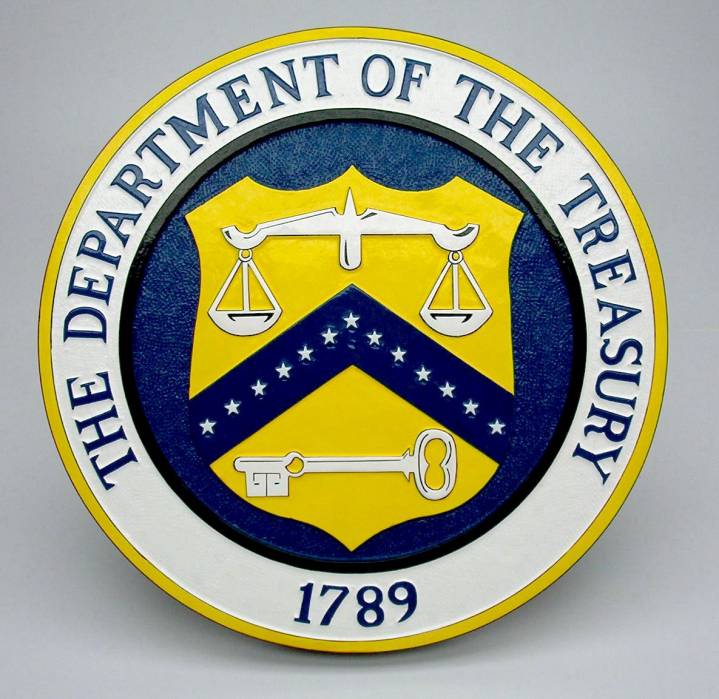One would have to consider the circumstances and be wise enough to know "what time it is" at any given moment. A key point to keep in mind is that: (i) not every public official has authority to receive things from the private side; (ii) not every public official has authority to take something from the public and hand it over to the private. It might help the reader to greatly comprehend that some transactions require both of those functions to occur simultaneously. Therefore if one is perceived as coaxing a public official to convert something from public to private without authority/license then one might be perceived to be involved in unlawful conversion! Some people want to get in a hizzy when it just comes down to simple principles.
A reader might do well to consider the notion of taking a publicly-owned traffic light and putting it in their back yard in contrast, say, to the notion of the City Dept. of Traffic & Lights taking a reader's disco lights out of their basement and using them to light up a dark, public intersection. As in: converting from public to private vs converting from private to public.


A Govt. Treasurer or Govt. Receiver likely would be of the few public officials that would have authority to convert something public to private or to convert something from private to public.
When one is dealing with a public charge/tax situation, say for a bill that is worth $20 perhaps one could say that $20 is backed by the issuer of the bill and is backed by the person from which $20 is demanded should they accept. Would anything over $20 would have insufficient bonding if its only bonded from one side of the deal? Afterall, the bill suggests that the only thing the demander has authority to obtain is $20 and is only putting themselves at risk of $20. Also, if I were to cancel the $20 bill, how could I cancel it for more than its worth? As for introducing new money into a system, that is another matter--though likely related.
***
For further edification, consider something as infamous as "eminent domain". It might be helpful to note the relationship between eminent domain and a "Treasurer" of some sort. Gee..why would it involve a Treasurer rather than just cops with lot of guns?









 Reply With Quote
Reply With Quote